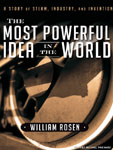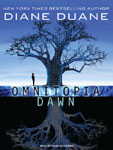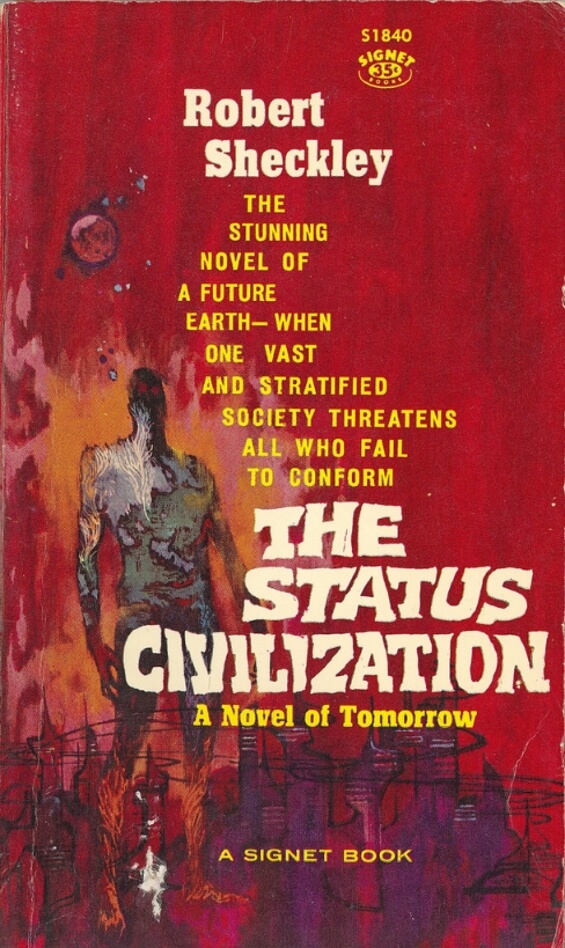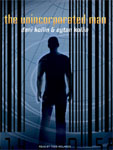
 The SFFaudio Podcast #095 – Jesse talks with Professor Eric S. Rabkin about an alternate history novel: SS-GB by Len Deighton.
The SFFaudio Podcast #095 – Jesse talks with Professor Eric S. Rabkin about an alternate history novel: SS-GB by Len Deighton.
Talked about on today’s show:
alternate history, Luke Burrage, “if it leaves a lasting impression that says something about its artistic character”, why write alternate history, Nathaniel Hawthorne, The Scarlet Letter, historical fiction, 1941 vs. 1978, what is the relationship between Science Fiction and detective fiction, tales of ratiocination, Fatherland by Robert Harris, the Fatherland TV movie, BBC audio drama, Philip K. Dick’s The Man In The High Castle, what would it be like under Nazi rule?, utopia vs. dystopia, fantasy, Dracula vs. Frankenstein, Karl Marx, “alternate history does what Science Fiction does without pretending to set it in a logical future – it sets it in a logical past”, racism, bureaucracy in 1978 London, Michael Caine, Operation Sea Lion, why did Len Deighton set SS-GB in 1941?, The Plot Against America by Philip Roth, are historical forces inevitable?, fate and destiny in alternate history, the great man vs. social forces, Adolph Hitler, Alexander The Great, Napoleon Bonaparte, The Decline And Fall Of The Roman Empire, Behold The Man by Michael Moorcock, Lest Darkness Fall by L. Sprague de Camp, the individual vs. the community, Douglas Archer, if there was a just war it was WWII, the Holocaust, collecting militaria, Spain’s fascist dictatorship, the tale of the great detective, Sherlock Holmes, John le Carré, Agatha Christie, complicated vs. simple (le Carré vs. Christie), fathers and sons, historical fiction, The Battle Of Britain, Inside The Third Reich by Albert Speer, Mother Night by Kurt Vonnegut, when you’re helping the bad guys aren’t you one of them?, King George VI is a MacGuffin, The King’s Speech, Mackenzie King, police are the most cynical people in the world, the role of ambiguity in fiction, Channel Islands, every fiction is alternate history, is history a collection of things that happened or is it forces and rules?, The Sun Also Rise by Ernest Hemingway, The War Of The Worlds by H.G. Wells, Startide Rising by David Brin |READ OUR REVIEW|, uplift, The Island Of Doctor Moreau by H.G. Wells, disarming puns, Arma virumque cano, “I can’t imagine anyone smarter than me”, Sir Arthur Conan Doyle, The Remains Of The Day, Pavane by Keith Roberts, Catholicism, the Protestant Reformation, the Industrial Revolution, Inglourious Basterds vs. Dirty Rotten Scoundrels, The Most Powerful Idea In The World by William Rosen, steam engines (and atmospheric engines).
Posted by Jesse Willis




















